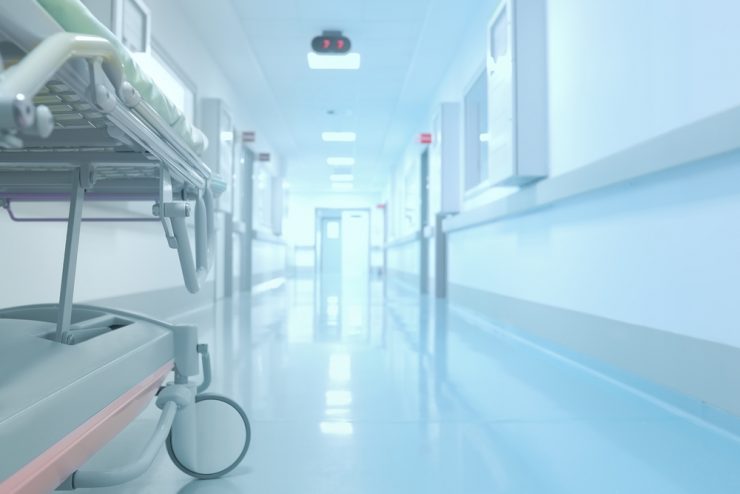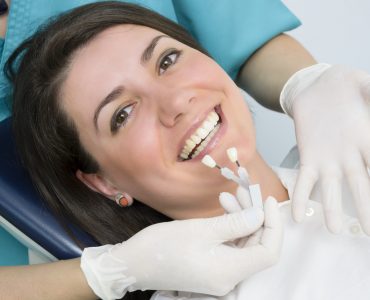The slapped cheek syndrome is the viral infection affecting humans only. This is also called erythema infectiosum. This condition is also known by the name fifth disease as it constitutes the fifth popular disease affecting children with rashes. The virus causing this infection is the parvovirus B19.
Symptoms of this condition can range from mild fever, throat and headache to erythema infectiosum, where rash appears on the cheeks as if the person has got a slap.
The infection normally occurs only once in a lifetime.
Even though, it may affect the cats and the dogs, the slapped cheek syndrome is found only in humans.
Symptoms
One may experience the symptoms only after the incubation period of four to twenty days. The person who is infected will pose the problem of being contagious only during the initial stages.
The symptoms that may appear in a person having slapped cheek syndrome are:
- Symptoms similar to flu
- Mild fever
- Runny or stuffy nose
- Sore throat
- Lethargy
- Nauseating sensation in children
- Pain in the abdomen in children
- Diarrhoea in children
- Pains and aches in joints in adults
- Very rarely, adults have cardiovascular or neurological problems
- A discoloured red mark appears on the cheek, which may tend to be itchy in nature.
- The rashes normally disappear within three weeks.
- If a pregnant woman develops this infection during the initial twenty weeks of her pregnancy, the baby may have severe anaemia as well as congestive heart disease.
Causes
Slapped cheek syndrome transfers among persons via saliva, air or being in close contact like though sneezing and coughing. That is why it is commonly found in children who attend nurseries or schools.
Very rarely, the transmission of the slapped cheek syndrome occurs through blood. This normally happens when a pregnant woman gets infected with slapped cheek syndrome.
Even though this virus can attack the cats and dogs, the feline panleukopenia virus and canine parvovirus, the parvovirus B19 is the virus which affects only human beings. This virus does not get transmitted to the animal from human beings. In a similar way, the infection present in the animals also does not get transferred to the human beings.
Treatment
No vaccination is available for slapped cheek syndrome. This is commonly found as a very mild infection from where the people recovery very fast. So the people who are infected with this condition do not require any particular treatment or drugs. The symptoms like headaches and fever can be relieved using over the counter drugs like ibuprofen or paracetamol.
Children who are below the age of sixteen are not advised to use aspirin. This is because using aspirin at such an age can cause the development of Reye’s syndrome, where the liver and the brain are affected.
The most commonly used drug is paracetamol which can be used by people of all the age groups. For young children one can use the suspension form of ibuprofen or paracetamol.
For joint pains, adults can use anti-inflammatory drugs as well as take proper rest.
Intake of fluids at an enhanced rate is advised in this condition.
Complications
Complications normally occur in people who already
- are pregnant
- are immuno deficient
- have disorders in blood
- have arthritis











